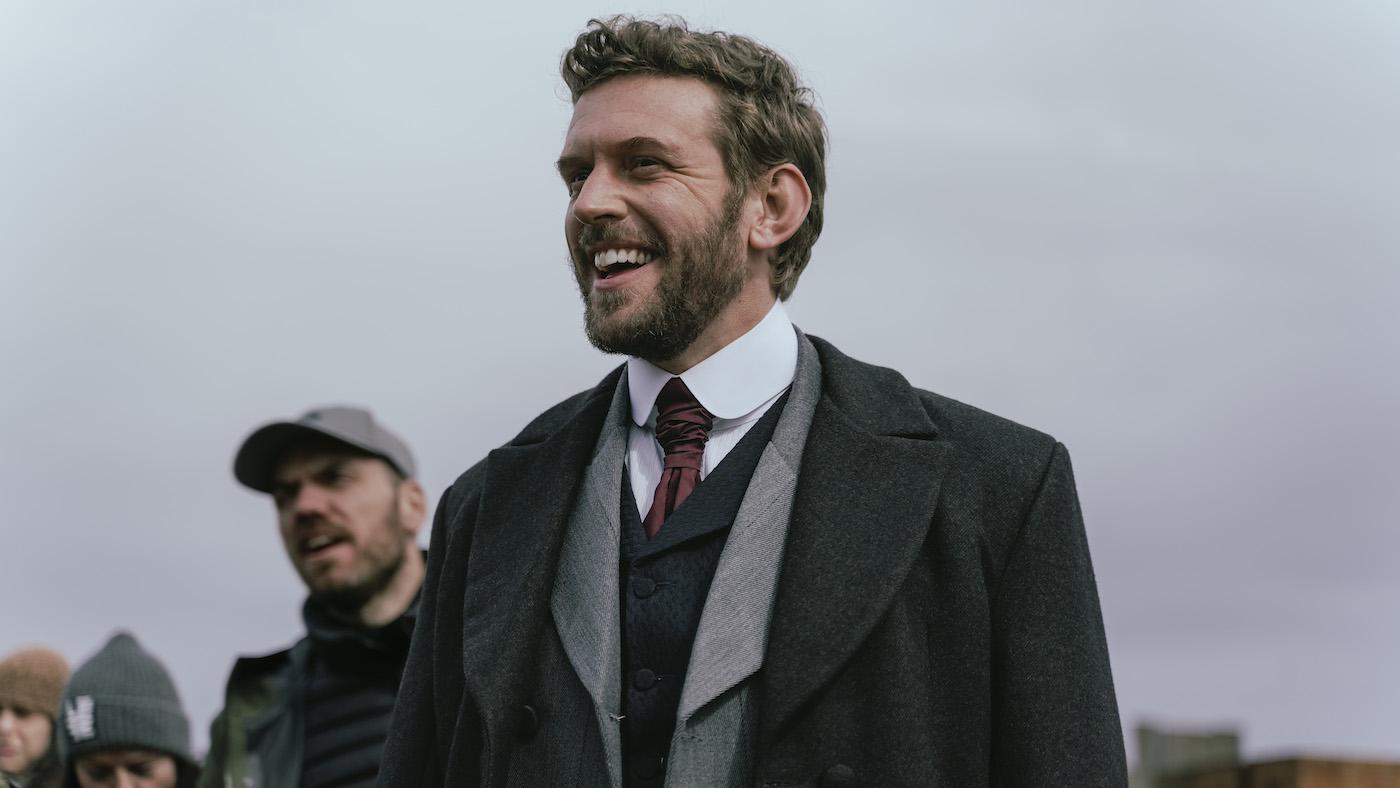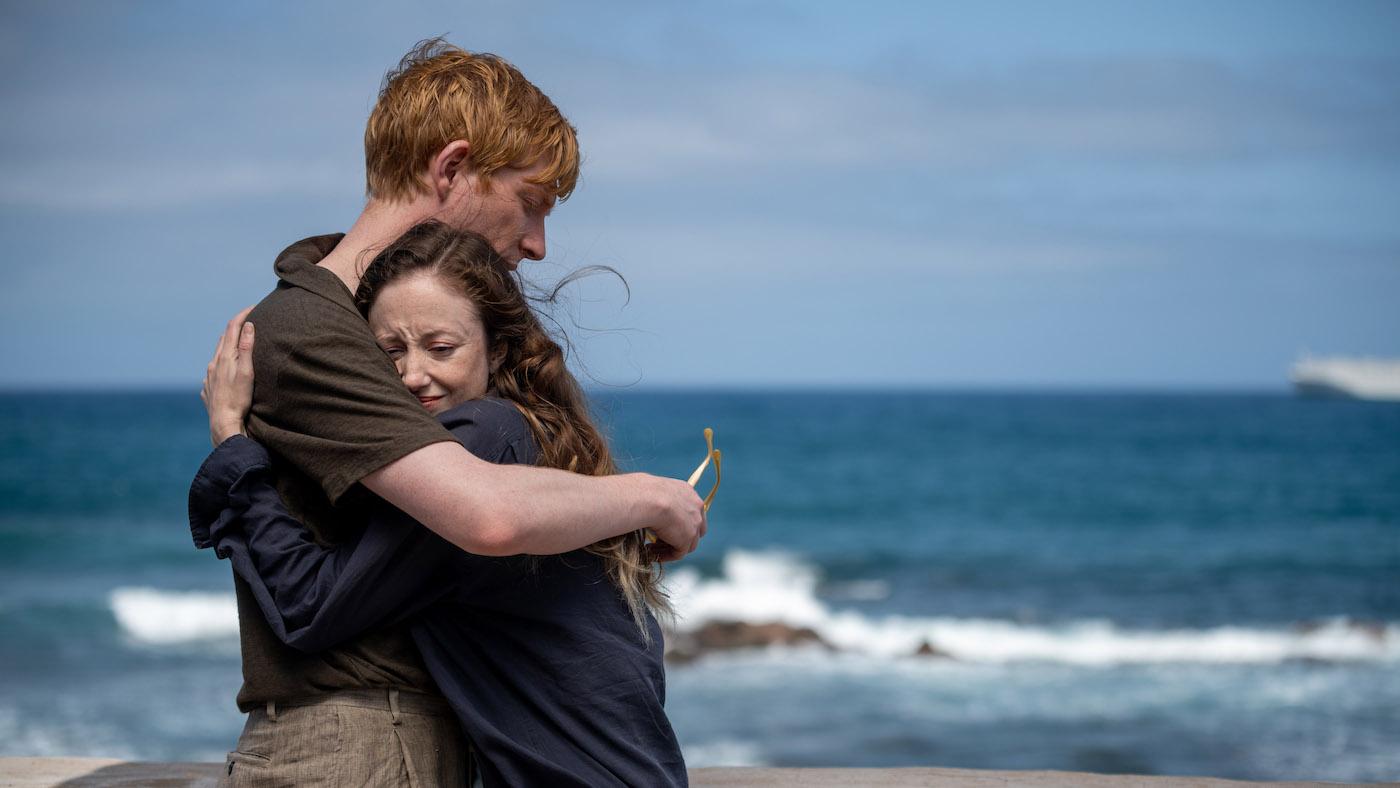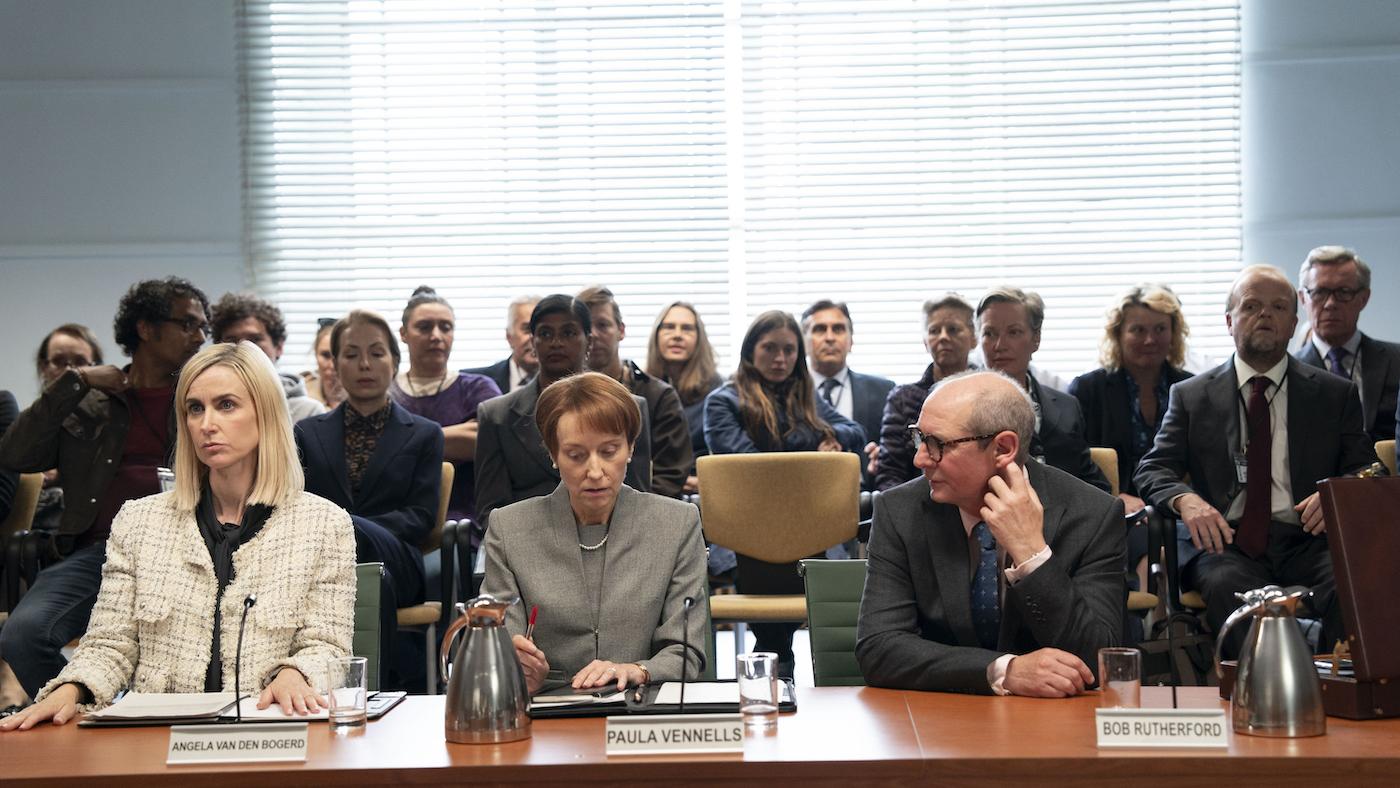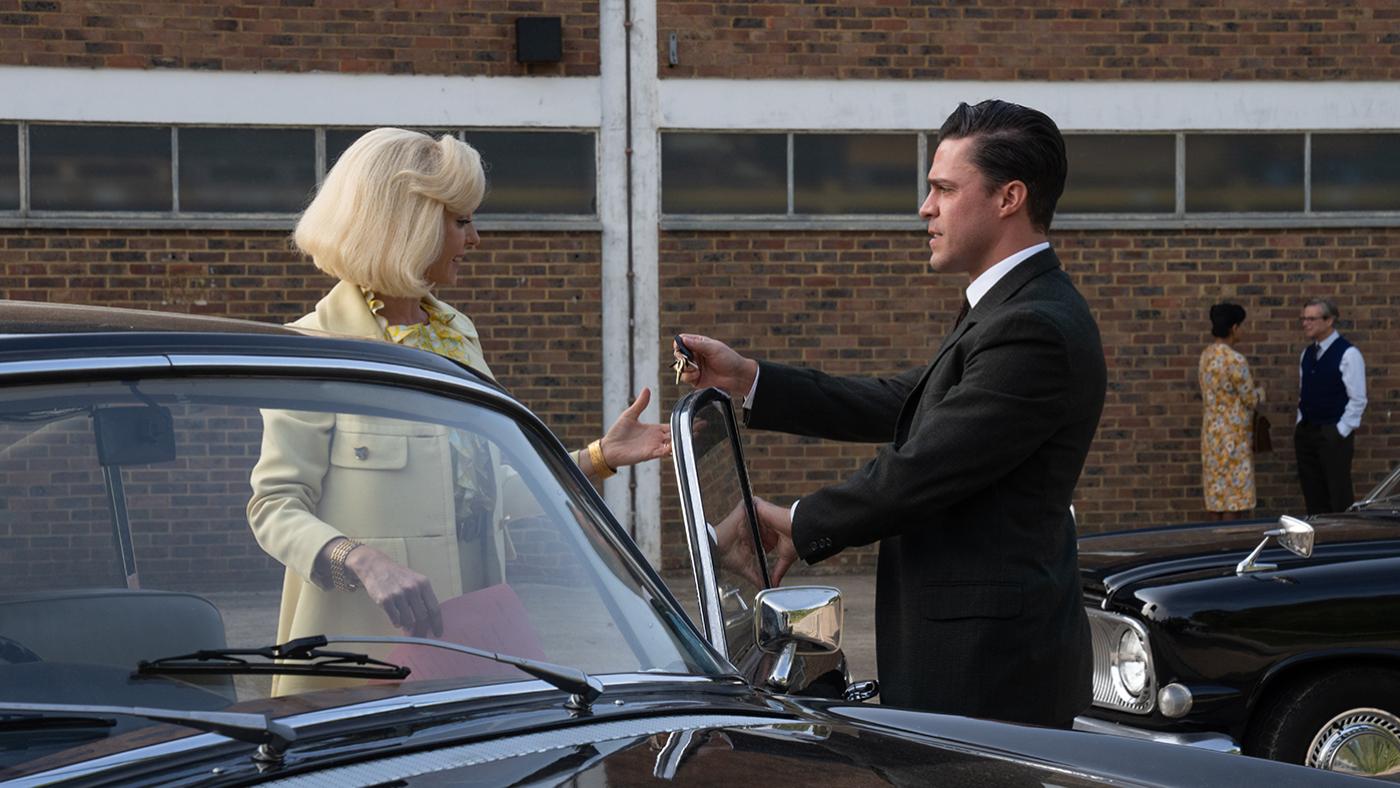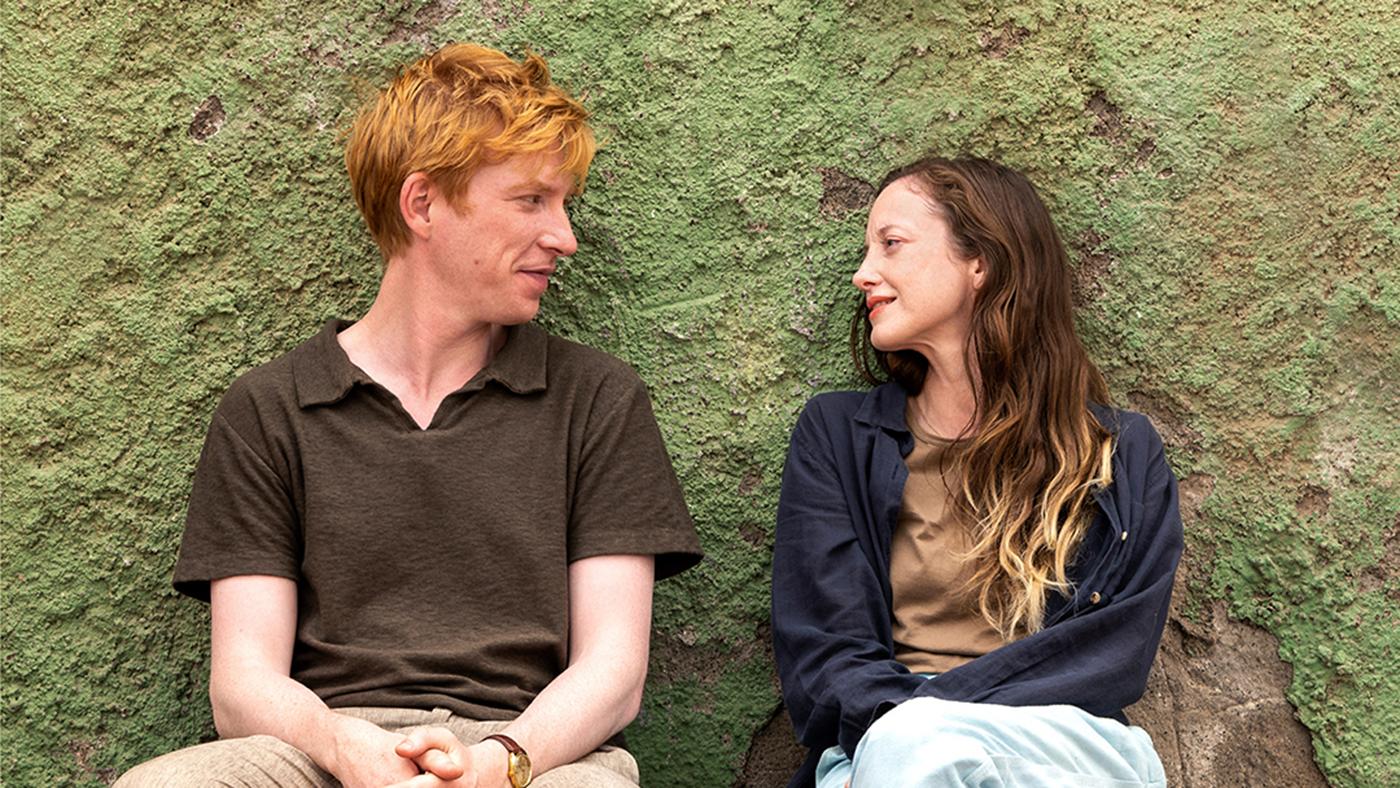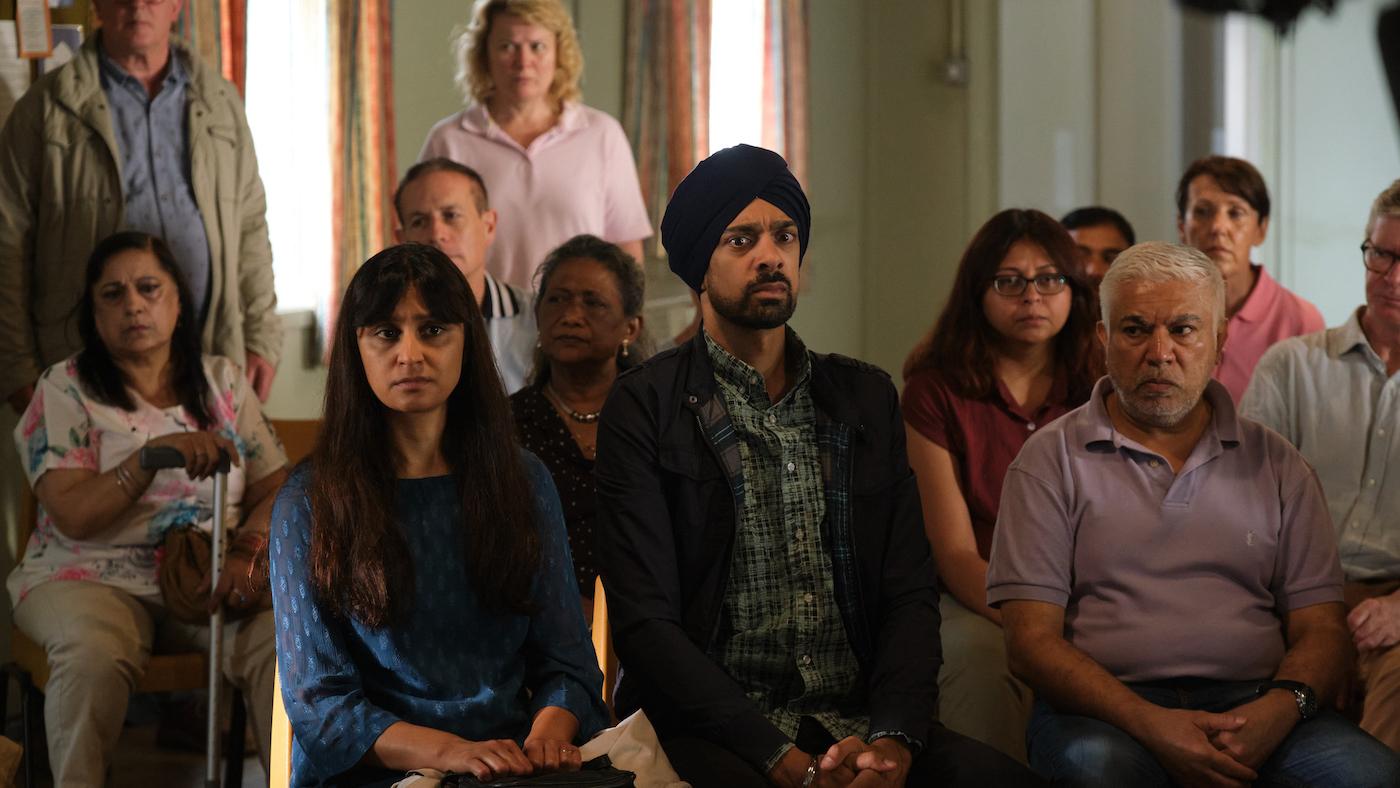The Major Differences Between 'Magpie Murders' the TV Show and Book
Daniel Hautzinger
November 15, 2022
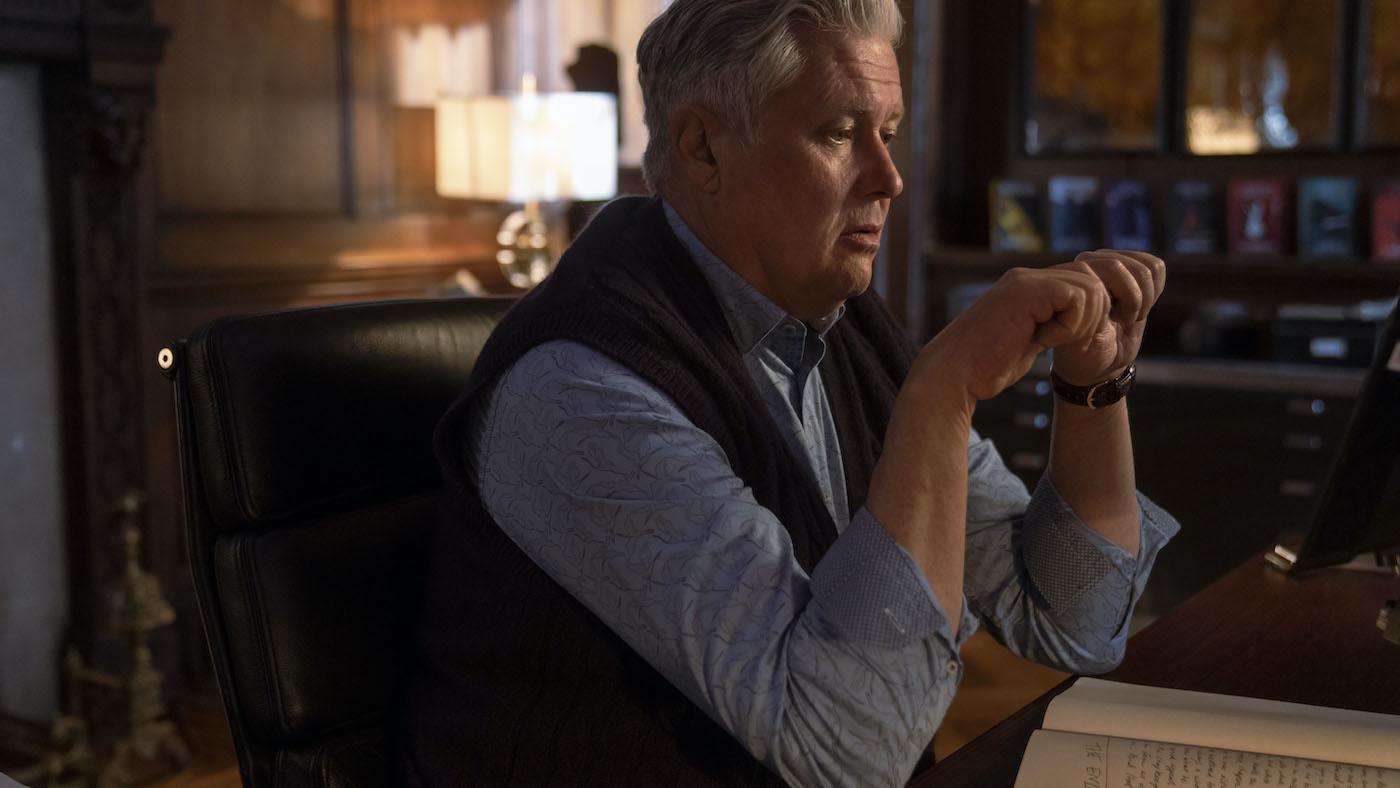
Magpie Murders airs Sundays at 8:00 pm and is available to stream. Read our recaps.
Keep up with your favorite dramas and mysteries by signing up for our newsletter, Dramalogue.
“Magpie Murders is set in a fictitious village in Somerset,” writes Susan Ryeland in Magpie Murders. This is both less and more confusing than you might think, so we’ll set things straight. In the world outside of books and television, Anthony Horowitz wrote a mystery called Magpie Murders. Its narrator is the book editor Susan Ryeland, who sets off to find the missing chapter of her most successful author’s final book after he suddenly dies. That fictional book is contained within Horowitz’s book, and is also called Magpie Murders. And now there is the PBS show Magpie Murders, adapted by Horowitz from his own novel. (He’s no stranger to TV, having written for Agatha Christie’s Poirot and Midsomer Murders.)
Whew! That’s a lot of layers! We thought we might help out a bit and explain some of the changes Horowitz made in turning his novel and (its novel-within-a-novel) into a TV show. Here are some of the major differences between the book Magpie Murders and the show Magpie Murders.
Warning: Spoilers are ahead for both the book and show, although we won’t reveal anything from the final episode of the show, which premieres on WTTW on November 20 at 8:00 pm.
Andreas
First up, Susan’s boyfriend. In the TV show, Susan comes to suspect Andreas killed the author of Magpie Murders, Alan Conway—to her horror. To finance his purchase of a hotel in Crete, Andreas drives out to Suffolk and asks Alan to invest. When he hugs Alan on the tower of Alan’s home, someone snaps a photo that makes it look like Andreas is pushing Alan off the edge.
In the book, it doesn’t go quite so far. Andreas never goes to Suffolk or asks Alan for money—he secretly asks Susan’s boss Charles to serve as guarantor of a loan. Alan’s neighbor is the one whom is photographed holding Alan on the tower. Susan does have the thought that, “Andreas, as much as anyone, must have been very glad to see [Alan] dead,” given Alan’s cruelty toward and power over Susan as well as the fact that both Alan and Andreas dated the same woman, Alan’s ex-wife Melissa.
One final thing about Andreas that comes in the last episode: he does some of his own sleuthing around the anonymous email sent to Susan with the photo of him and Alan. That doesn’t happen in the book.
Susan’s Family
While we do meet Susan’s sister Katie in the book, her parents are entirely absent. In the TV show, however, their dramatic lives become fodder for Alan, who turns Susan’s father into Sir Magnus Pye and her mother into the drowned Sam Blakiston in his novel. (This explains why the book’s Tom Blakiston became Sam; Susan’s mother is named Samantha.) Alan’s penchant for word games turns Susan’s last name into an anagram, “Darnley,” that names a governess Sir Magnus got pregnant—a subplot missing from Horowitz’s book.
Characters with Smaller Parts
The TV show may have added a few characters, such as Susan’s father and the Clover Books employee Alice, that didn’t exist in the book, but it also reduced the roles of some others. In the book’s Magpie Murders, the vicar and the doctor both play a larger role, with reason to suspect either could have contributed to the deaths of Mary Blakiston or Sir Magnus. In Horowitz’s book, the vicar in Susan’s world also has more of a connection to Alan, having known him in childhood and resented him for some bullying.
The Blakiston father is more prominent in the book’s Magpie Murders, and is a possible suspect in the murder of Sir Magnus. He also plays a role in the death of Mary Blakiston that is given to Lady Pye in the TV show—to be revealed in the final episode. And Lady Pye’s blowhard lover actually appears in the book and is questioned by Pünd.
Character Correspondences
In the TV show, Alan caricatures people from his own life in his novels even more than he does in Horowitz’s book. (The ability to have the same actor play both characters is a help obviously absent from the book.) The gardener Brent is based on a writer who annoyed Alan at a workshop—a character that doesn’t exist in the book. Alan’s solicitor Sajid Khan appears in Alan’s novel as the doctor, unlike in Horowitz’s book.
But the biggest libel is of Alan’s sister Claire, who becomes Clarissa Pye in Alan’s novel. That correspondence between characters exists in the Horowitz book, but it becomes a plot point in the TV show when Claire takes a manuscript of Magpie Murders from Alan’s house but burns it before reading the ending, incensed by his portrayal of her. Clarissa’s reason for wanting to kill her brother is also different in the TV show: she opposes his development of Dingle Dell, whereas in the book she resents that he inherited the Pye family estate and left her with nothing.
Alan as a Writer
In both versions, Alan hates that he has become a mystery author, as he would rather write serious literature. This theme is much more prevalent throughout the TV show: everyone who knew Alan seems to know it, whereas in the book his ex-wife is the one who reveals it to Susan, allowing her to start to connect some important dots regarding Alan’s plan for the Atticus Pünd books.
Regarding Alan’s plagiarism: in the book, the idea he stole from an aspiring writer has already been published, allowing the writer to spot all the correspondences (and us, the readers, to enjoy another ersatz mystery). In the TV show, Alan’s theft is more blatant: the other writer’s book was called Magpie Murders, and so he knows Alan stole his idea simply from hearing the title of Alan’s upcoming book.
A Few Smaller But Still Significant Things
Robert Blakiston’s fiancé Joy Sanderling is Black in the TV show, leading her to think Mary doesn’t want Robert to marry her out of racism. In the book, Joy has a brother with Down Syndrome and assumes that is the reason for Mary’s refusal.
Detective Locke appears more in the TV show than the book, as he’s assigned to investigate Alan’s death. This allows for a more antagonistic relationship with Susan, whom he thinks is interfering in his case.
There is no impending buyout of Clover Books that will make Charles rich in the book, although he is still planning to retire and hand the company over to Susan.
Alan’s son Freddy was bullied for having a gay dad in the TV show, giving even him a reason to hate Alan. Freddy exists but doesn’t appear in the book.
Pünd doesn't literally appear and speak to Susan as she attempts to solve the riddle of Alan's death, but it is implied that she, as a devoted reader of mysteries, is guided by their tenets and structure as she solves her own real-life mystery.

